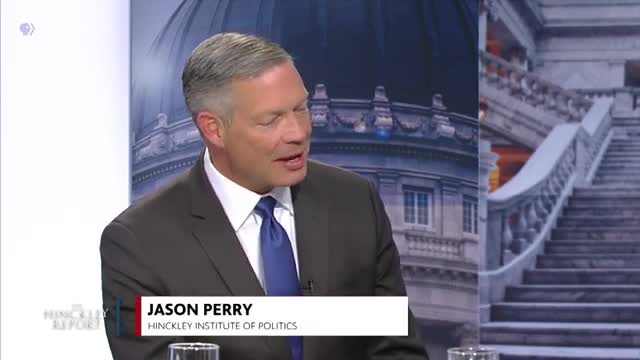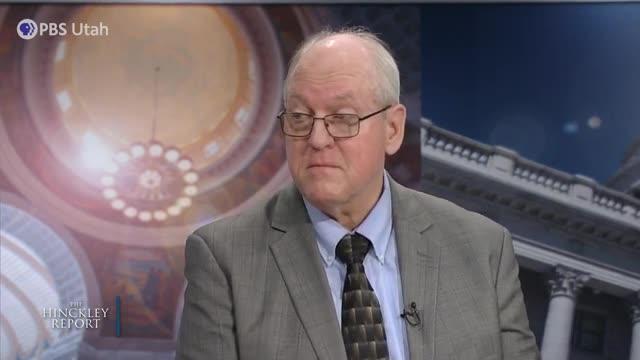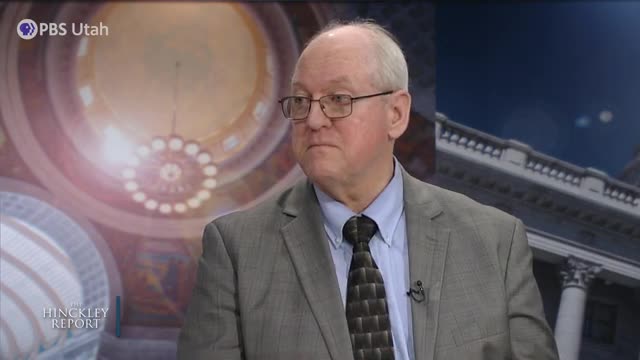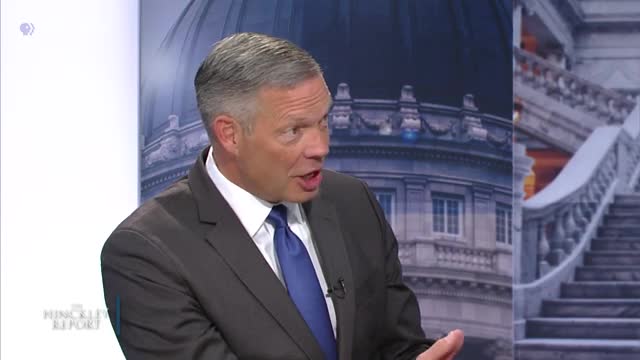Article not found
This article is no longer available. But don't worry—we've gathered other articles that discuss the same topic.

Judge rules Utah voucher program unconstitutional; program allowed to operate while under review

Organizers submit hundreds of thousands of signatures to force union referendum; verification process underway

State party leadership races and a potential third-party merger draw attention ahead of redistricting

